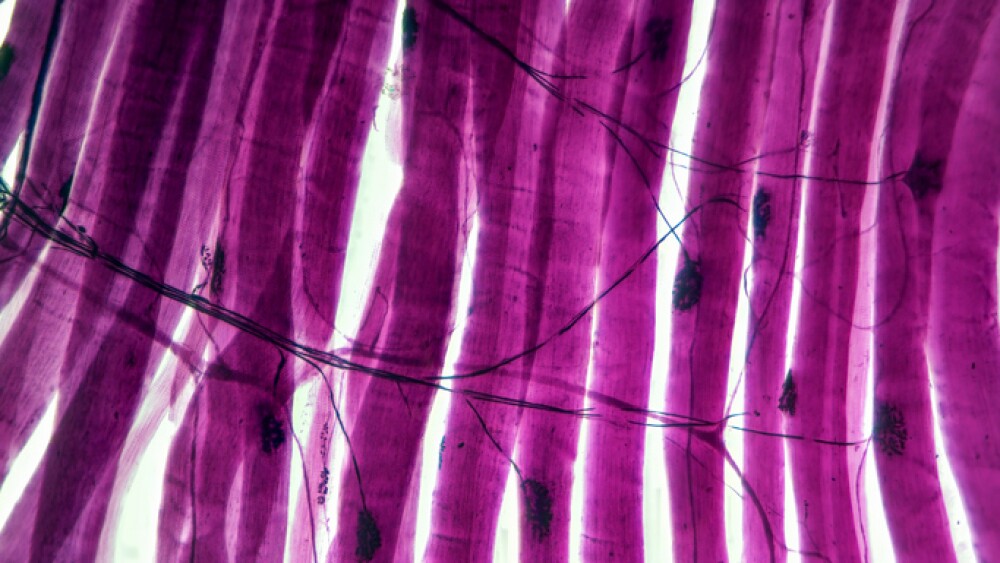Kate Goodwin hails from a background primarily in marketing. A passion for health sciences and writing led her to the biopharma news world, and she’s never looked back. She’s been writing for BioSpace for more than two years with a focus on cutting edge research, Alzheimer’s disease and pediatrics. Her free time is filled by her husband, children, Beagles, books, crochet and creative writing. She can be reached at kate.goodwin@biospace.com.

Kate Goodwin
Contributing Writer | News & Features















